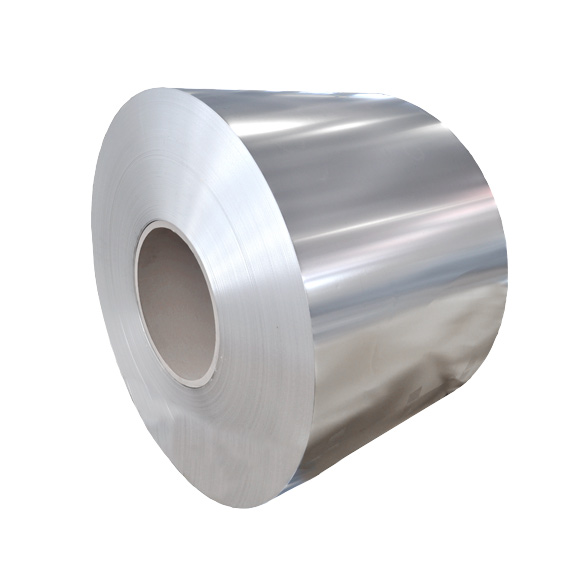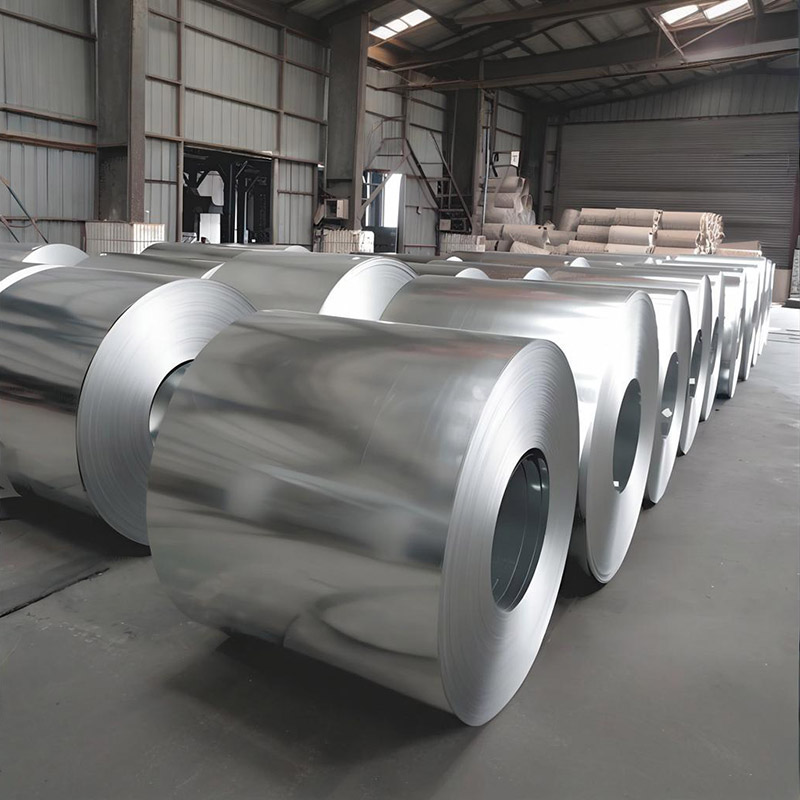What exactly is Tin Free Steel (TFS), and why has it become a material of choice in numerous industries? Tin Free Steel, also known as Electrolytic Chromium Coated Steel (ECCS), is a thin steel sheet coated with chromium and chromium oxide. Unlike traditional tinplate, TFS doesn’t contain tin, yet offers comparable performance characteristics at a more economical price point.
How is TFS manufactured, and what gives it its unique properties? The production process involves cold rolling steel sheets to the desired thickness, followed by electrolytic deposition of chromium and chromium oxide layers. This creates a base layer with excellent corrosion resistance and a thin chromium oxide layer that provides superior paint adhesion. The result is a material that combines strength with formability, making it highly versatile for various applications.
What advantages does TFS offer over traditional materials? One of the most significant benefits is its cost-effectiveness. By eliminating tin from the equation, manufacturers can reduce material costs without sacrificing quality. Additionally, TFS demonstrates excellent corrosion resistance, even in challenging environments. Its smooth surface finish also enhances printability and aesthetic appeal, making it ideal for decorative applications.
Where is TFS commonly utilized across different industries? The food and beverage packaging sector represents the largest market for TFS, particularly in manufacturing cans for various food products, aerosol containers, and bottle caps. Beyond packaging, TFS finds applications in automotive components, appliance parts, and construction materials. Its versatility allows it to perform well in both indoor and outdoor environments.
What challenges exist in working with TFS, and how can they be addressed? While TFS offers numerous benefits, it does have limitations compared to tinplate. For example, it may not be suitable for applications requiring direct contact with certain acidic foods without additional protective coatings. However, advancements in coating technologies continue to expand TFS’s applicability, making it an increasingly viable option for more demanding uses.
From an industry perspective, the future of TFS appears promising as sustainability concerns drive innovation. Many manufacturers are exploring ways to enhance TFS’s recyclability and reduce its environmental footprint. As industries continue to seek cost-effective, high-performance materials that align with sustainability goals, TFS is well-positioned to remain a critical component in manufacturing and packaging solutions.
In conclusion, Tin Free Steel represents an excellent alternative to traditional materials, offering a compelling balance of performance, cost, and versatility. Its unique properties and wide range of applications ensure its continued relevance in an ever-evolving industrial landscape.



